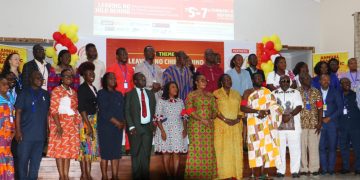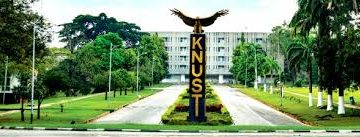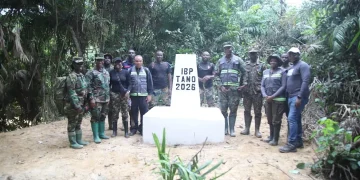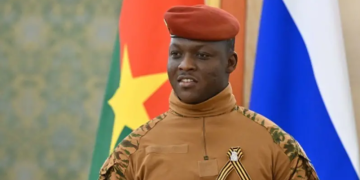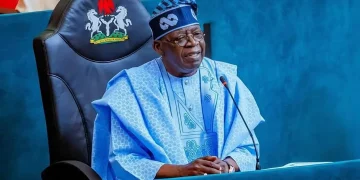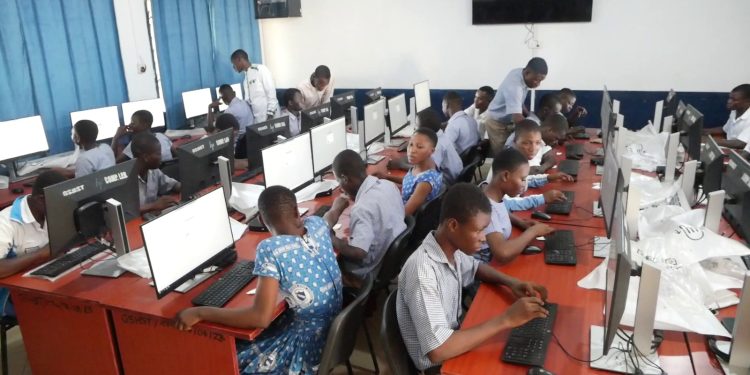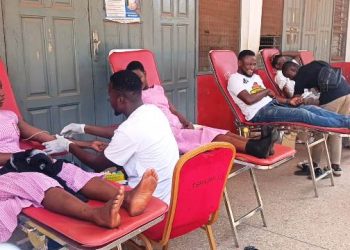Ghana Senior High School (GHANASCO) in Tamale has made history by developing the nation’s first electronic voting (e-voting) platform for student elections.
This milestone was achieved following a donation of 40 HP desktop computers by the Ministry of Communication and Digitalisation as part of the World Bank-funded e-Transform project. The donation was aimed at enhancing the teaching and learning of information and communication technology (ICT) at the school.
The new computers enabled GHANASCO’s ICT department to set up local servers for hosting student records and to develop a unique voter identification system.
This system allows each student to vote electronically in school elections, ensuring a transparent and efficient process. The platform, known as E-voting, generates a unique login ID for each student, preventing overvoting by allowing each student to vote only once.
During a test of the system, a GHOne news team observed that the mini-server allowed all 40 computers to function smoothly, with results automatically tallied and displayed in real-time in a dedicated transmission room.
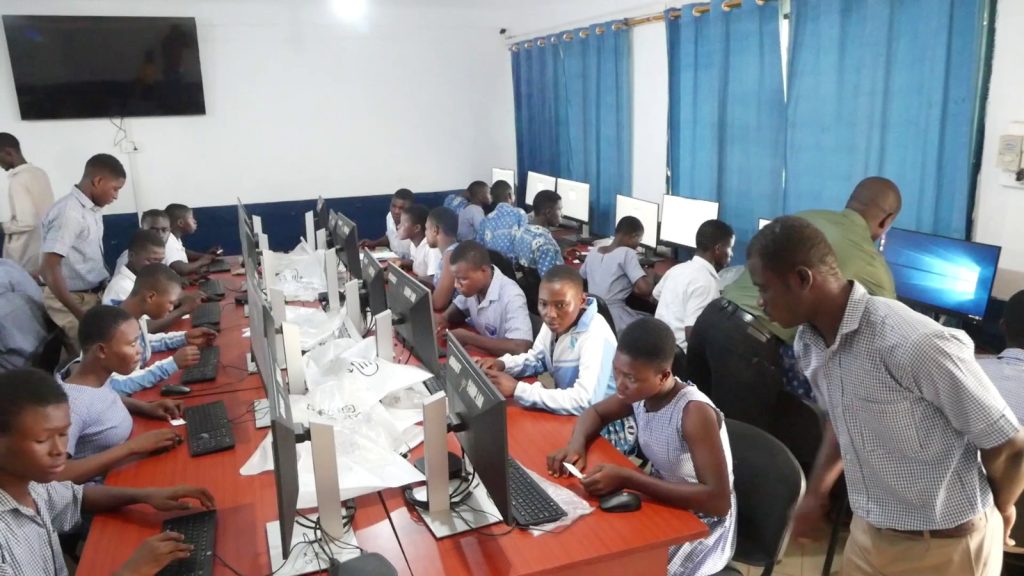
Sali Ibrahim, the school’s IT coordinator, explained that the initiative was driven by a desire to cut costs and save time in conducting prefectorial elections. “We wanted to ensure that the computers would be useful to us in our digitalization agenda,” Ibrahim noted.
The software development, which was completed in just two months in anticipation of the computer donation, includes a secure voting process where students use a permanent identification number and a unique password to log in and vote for their preferred candidates.
A dedicated office has been set up as a “strong room” where monitors regularly refresh to display the number of votes cast and present the results in charts for the candidates’ representatives.
Mr. Douglas Haruna Yakubu, headmaster of GHANASCO, highlighted the significance of fully utilizing the donated computers.
He credited Madam Ursula Owusu, Minister of Communication and Digitalisation, for fulfilling her promise to provide the school with the computers. “We wanted to create change within the school; that is why I challenged the IT department to come up with something, which led to the E-voting concept,” Mr. Yakubu said.
He added that the 40 computers have significantly improved ICT education at the school, particularly benefiting students from disadvantaged backgrounds. Mr. Yakubu also encouraged other senior high schools in the region to consider adopting e-voting for their prefectorial elections as a cost-effective and modern approach.
Students have responded positively to the new system. Abdul Rashid Imurana, a second-year student, expressed surprise at the ease of voting electronically, contrasting it with the previous year’s paper ballots. “Last year, we didn’t have this. With the printed sheets, you couldn’t see the faces. This is nice,” he remarked.
Bintu Fuseini, another second-year student, admitted initial skepticism but was pleased with the simplicity of the process after trying it herself. “I am happy to have tried it. I entered the login details myself and voted,” she said.
The E-Transform project is a government initiative aimed at leveraging information technology across various sectors, including education, to drive national development. GHANASCO’s pioneering e-voting system is a testament to the transformative potential of this initiative.
Source: www.kumasimail.com







